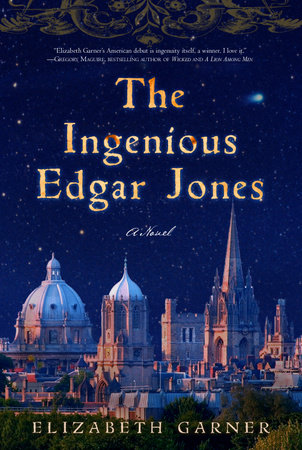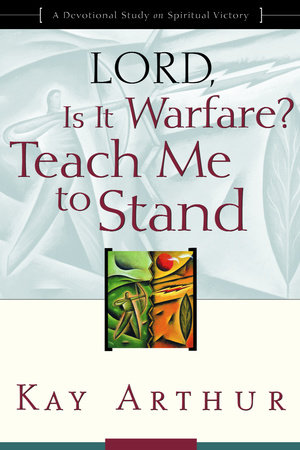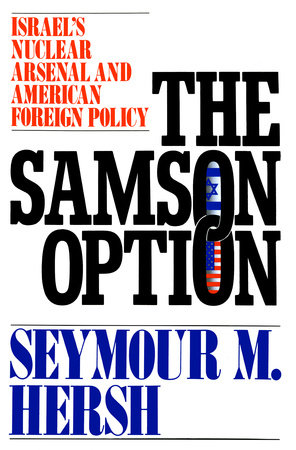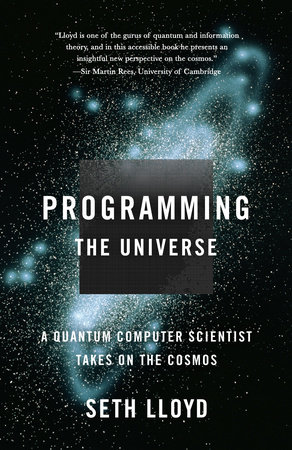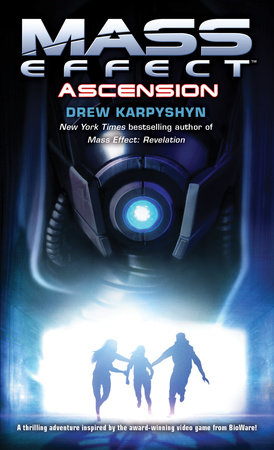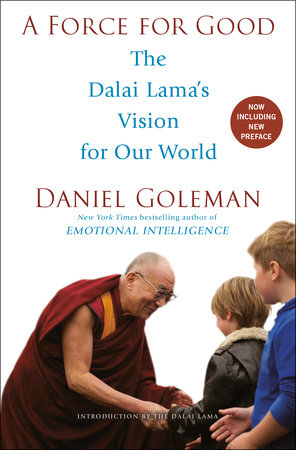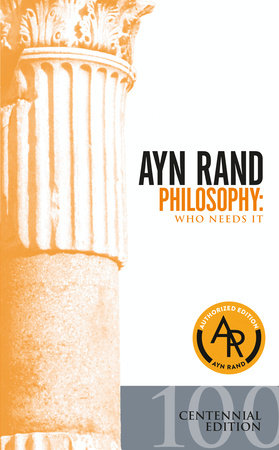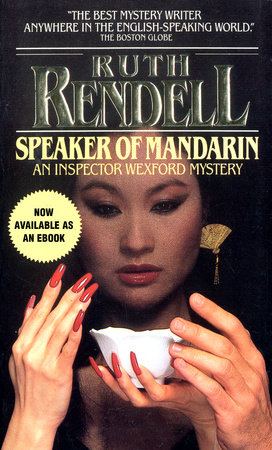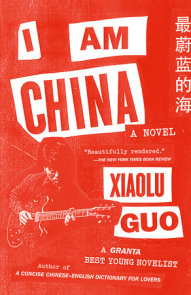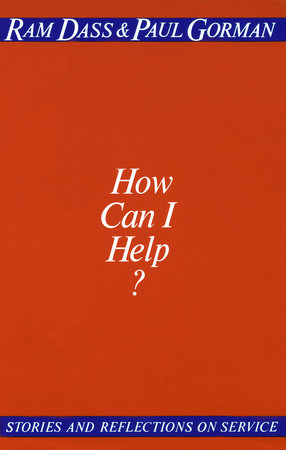Author Q&A
Q and A with Xiaolu Guo
Q: What gave you the idea for your new novel A Concise Chinese-English Dictionary for Lovers?
The idea really started from the difficulty of communicating as a native Chinese in England. When I arrived in London from Beijing four years ago, everyone laughed at the way I spoke English. I thought that might be a good idea for a book in English, or about British culture.
Q: Why did you choose to tell your story in brief chapters, each chapter beginning with a definition of a word?
The only book I read the first year I came to London was the Oxford edition of English dictionary. I thought my Western mind was shaped by that dictionary — words after words, in a fragmentary and confusing way — that hold the key towards writing this novel.
Q: How long did it take you to write it?
Three years, but at the same time I made three films too.
Q: This is the first novel that you, yourself, have written in English. (Your previous works were translated from Chinese.) Writing in a second-language must have been a huge challenge — how did you overcome the hurdles?
I don’t think living in England for four years for a native Chinese like me is enough time to write fluently in English. It is impossible. But with this novel, I made it possible because it is all about speaking broken English from a naive Chinese peasant girl’s point of view. It’s also how people like me speak. So I don’t think I can use this word “overcome.” How can I?
Q: You are also a documentary film-maker. Which do you prefer, writing books or making films?
Both. I am a writer first. That is my identity, then I make films, because some stories work well with the visuals —- images and sound.
Q: What do you do when you are not writing or making films? Do you actually have time for anything else!?
When I’m not writing or filming, then I read books and watch films; I also spend lots of time cooking and eating and looking around the world. I travel a lot because of my films. I am kind of free since I manage my own life but I don’t really work in a crazy way. I can easily sleep nine hours a day so far, but don’t know if things will carry on like that in the future.
Q: Who is your favorite writer? What are your favorite books?
I could re-read some books I’ve already read in Chinese translation over and over, like J. D. Salinger or Boris Vian’s Foam of the Daze or Marguerite Duras or Charles Bukowski. I have been reading The Book of Disquiet by Fernando Pessoa as if I’m reading my own diary. I love those old books but I worry that I might never read any new authors for the rest of my life.
Q: Which Chinese writers would you like to see translated into other languages? Do you think the literary world will be more aware of Chinese literature in the years to come?
So many: Zhu Wen, Wang An Yi, Jia Ping Wa, etc. The world will definitely become more aware.
Q: Why do you think that a Chinese writer is “in danger of losing the soul” as s/he enters the global marketplace?
Well, it is a big gap between Chinese culture and Western culture, starting from the difficulty of the Chinese language. Westerners know little about communist China; most stories from China are set a half a century ago or longer. The real China today has developed extremely fast and it is complex. The result is that this has created a great communication desert between the East and the West. I think there is a huge need for more contemporary Chinese literature and art to be introduced in the West so that everything Westerners understand about China and the Chinese is not based only on the bad and outdated concepts/images that are reported by and shown on CNN or BBC.
Q: What are you working on now?
Two films, then the translation of my short story collection, then some crazy novel ideas which jump in front of me every morning when I am fresh.




